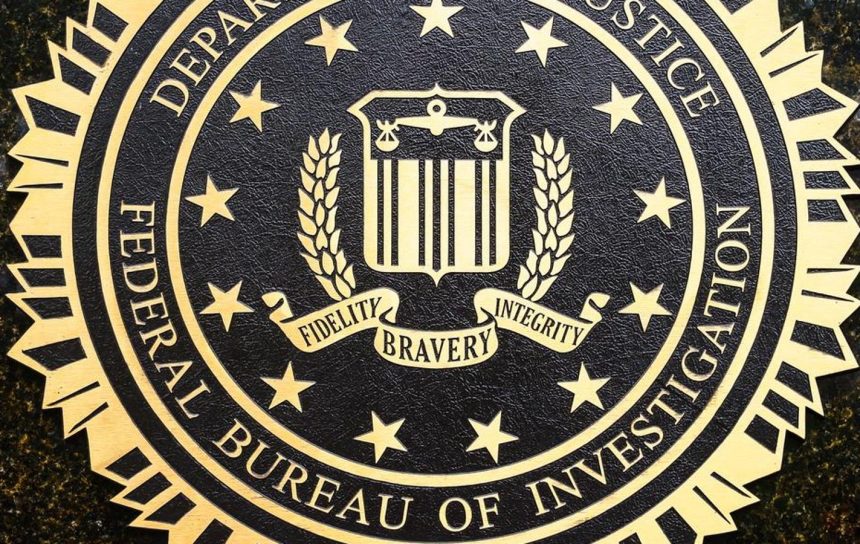The landscape of digital communication is constantly evolving, and the recent developments regarding messaging security illustrate the challenges users face as they navigate across different platforms. While Apple’s initial embrace of Rich Communication Services (RCS) seemed to herald a new era of text messaging, particularly against the backdrop of WhatsApp’s meteoric rise, an emerging cybersecurity crisis has arisen that may counteract this trend. The problem lies in the interoperability of messaging systems: while sending messages exclusively between Android or iPhone devices is secure, messaging across these platforms lacks the same level of security, leaving users vulnerable to interception.
The urgency for enhanced security in communication systems was highlighted by warnings from both the FBI and the Cybersecurity and Infrastructure Security Agency (CISA). The context for these alerts is rooted in persistent cyberattacks, believed to be orchestrated by a group identified as Salt Typhoon, which is linked to the Chinese Ministry of Public Security. Their operations are reportedly extensive and ongoing, culminating in heightened sensitivity towards the existing vulnerabilities in critical U.S. communication infrastructures. Authorities strongly encourage using fully encrypted messaging and calling services to bolster defenses against potential breaches, emphasizing that encryption remains the most effective safeguard.
The emphasis on encryption is not without cause; a lack of end-to-end encryption during cross-platform communication has historically allowed for the interception of sensitive data. Major tech companies, including Apple, Google, and Meta, have long advocated for encrypted communications, signifying that even they do not have visibility into users’ message content when encryption is employed. CISA representatives reiterated this sentiment in their media briefings, urging Americans to adopt encrypted messaging technologies consistently. As per the official guidelines, users should refrain from sending text messages between iPhones and Android devices, opting instead for RCS, iMessage, or Google Messages only where they guarantee end-to-end encryption.
However, the realization that RCS lacks essential encryption for users communicating across different platforms presents a significant flaw. Recent PR communications from Samsung proudly showcased the success of RCS yet conspicuously omitted its encryption limitations, highlighting that only Android-to-Android messaging currently benefits from security features. Meanwhile, both the GSMA, which governs mobile standards, and Google have indicated that RCS encryption is on the horizon, though a definitive timeline remains absent. The absence of such assurance from Apple compounds the situation, as the company has not publicly commented on the ongoing dilemma posed by cross-platform encryption.
Given the current security landscape and the absence of encryption across platforms, the recommendation is clear: users should favor applications like WhatsApp for cross-platform messaging until RCS adequately addresses security concerns. Sending messages outside the controlled environment provided by Apple or Google inherently increases the risk of interception. Other alternatives should also be considered, including Signal, which is renowned for its high security and privacy standards, although it boasts a smaller user base. Even Facebook Messenger now offers encryption, further rendering standard SMS and RCS messaging as insecure options.
Ironically, the upcoming iOS 18.2 update may change the default messaging application for iPhone users from iMessage, signaling a potential shift in how users engage with messaging services. This shift could dramatically influence user adoption patterns, particularly in light of ongoing security concerns. As the messaging dynamic continues to evolve amidst these developments, the importance of encryption in protecting user communications cannot be understated. In this increasingly interconnected and vulnerable digital environment, employing secure messaging platforms remains paramount to safeguarding personal data.



